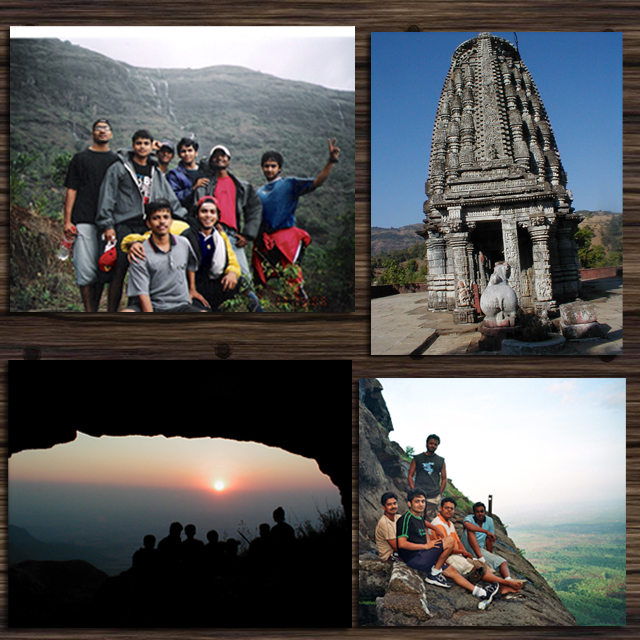
Hiking is a great leisure activity where you are surrounded by the wilderness and sometimes you get so far away that the only sound you can hear is from your own feet. As treks take longer than hikes, the environmental impact can be greater. Depending on the weather and if the hike is for a day, a few hours or overnight, the equipment you carry will differ.
We recommend you wear non-bulky full body clothing during jungle trekking/ excursions. Carry a good torch/ flashlight with spare batteries, sports or hiking shoes/ boots, spare clothing (both inner and outer wear), extra pair of socks and warm clothes particularly during the winter and monsoons. You can carry a wind jacket or a raincoat (warm gloves are very useful during winter), hats and sunglasses. If you are bringing cameras, binoculars or any other gadgets, make sure you are responsible for your own belongings. A trail map, compass, sunscreen, insect repellent, water, food and a basic medical kit can be carried. We follow the, Leave no trace policy* that also requires that equipment have multiple or alternative uses. Apart from what you would take on a day hike, overnight hikes and treks require a backpack, tent and sleeping bag for camping, fire lighting tools (either flint or matches) and insect repellent. A trekking pole or hiking pole, which look like ski poles, can be used in challenging treks.
Trekking requires all of the above and a good supply of food, if you are not carrying much, then be prepared to cook while you are outdoors.
Things to look forward to: Call of the wild – many species are active during the night: if you are lucky you may spot jack rabbits, deer, wild-boar, panthers, foxes, and civet cats, as well as a variety of snakes, spiders, frogs and of course challenging environments.
*Hikers and trekkers follow a Leave No Trace policy to reduce the impact of their presence on the natural environment. Over the years, a number of hikers on the same trail can cause unexpected damage to the environment such as wood depletion and wood fires. Non-biodegradable materials – and even natural materials in large quantities - can contaminate the watershed. Thus, we require every hiker to carry a trash bag and set it out at the nearest point of disposal.